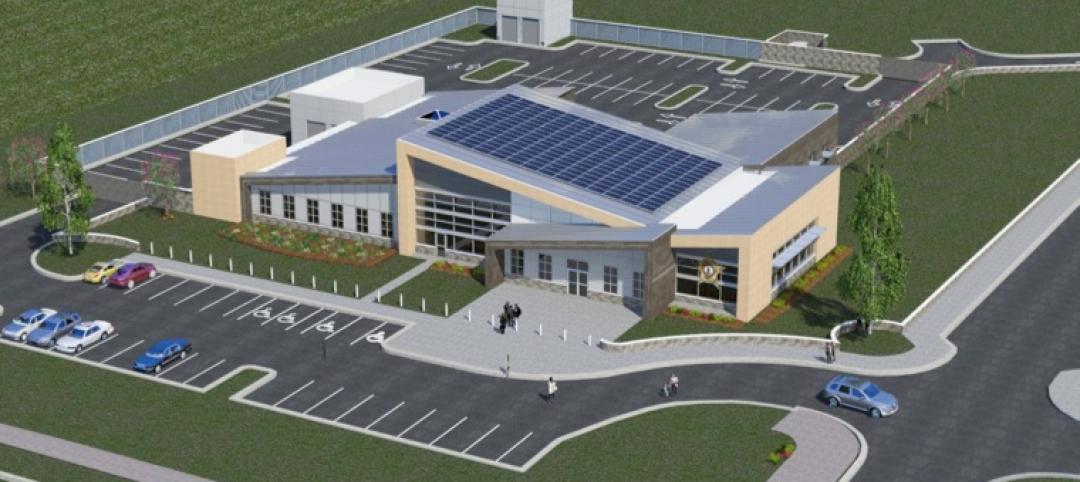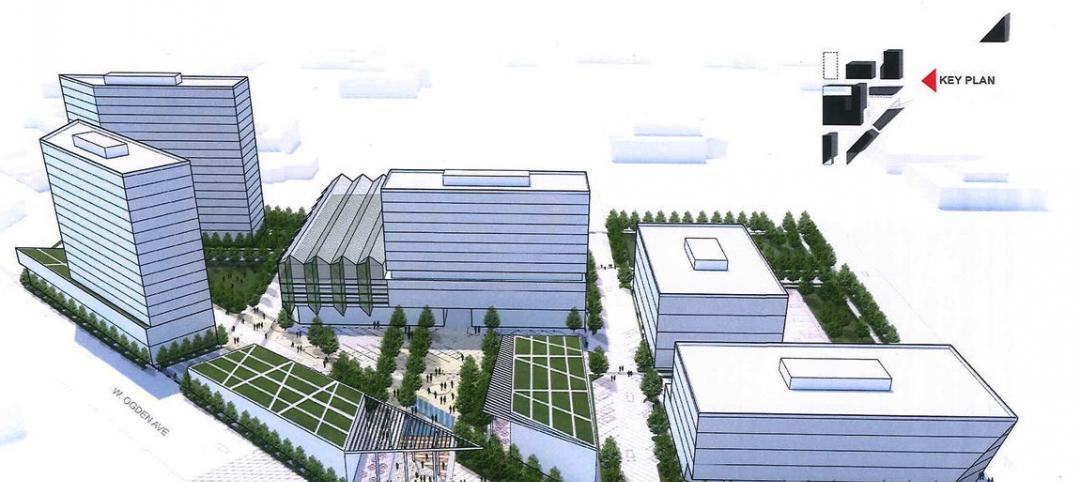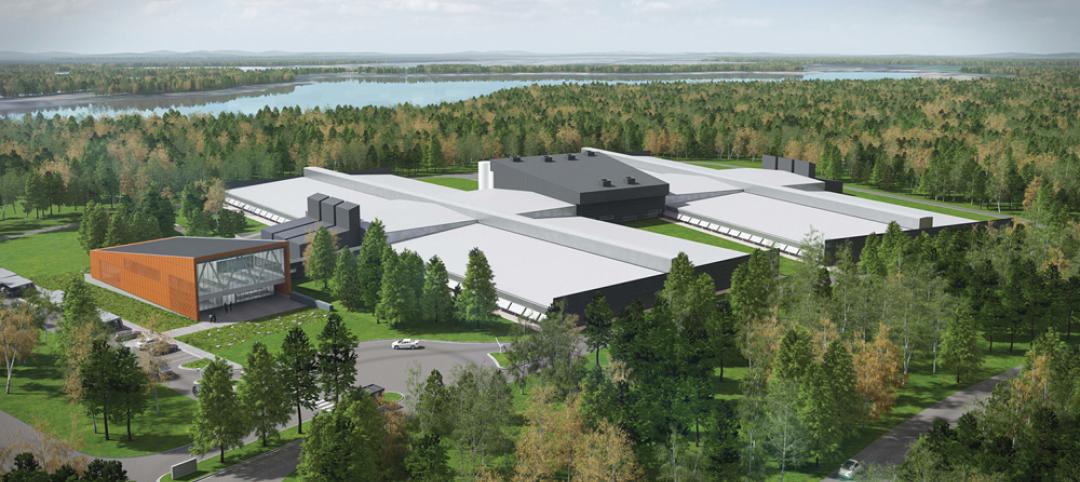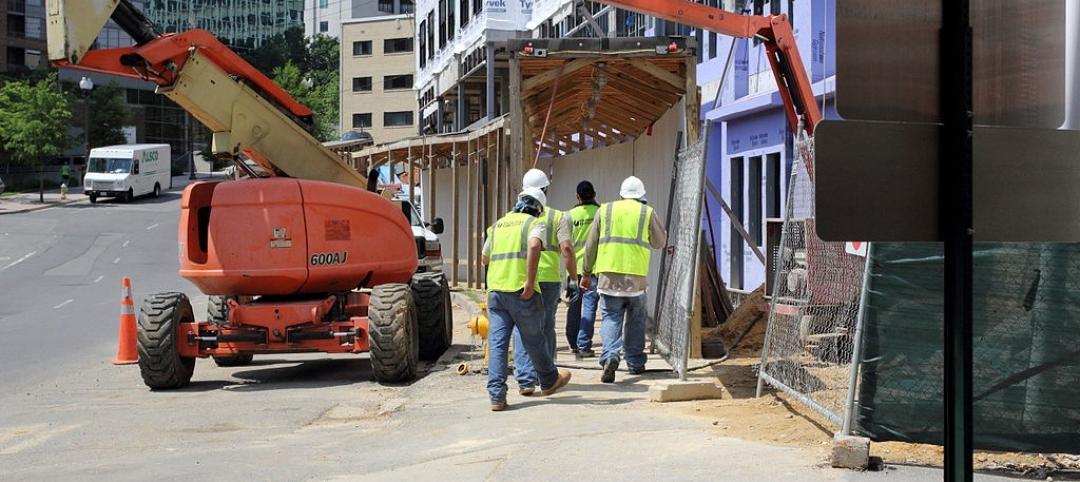In recent years, cities including New York, Chicago, Washington, D.C., Portland, Ore., and Fayetteville, Ark., have reduced or eliminated required parking spaces on major developments.
Many of these developments are located near mass transit stations and/or are affordable housing projects. In New York, the city eliminated parking requirements for low-income, “inclusionary” (with some units going to low- or middle-income families), and affordable senior housing developments that are within a half-mile of mass transit.
Chicago recently expanded areas targeted for transit-oriented development with parking requirements made minimal or eliminated. In January, Washington, D.C., reduced parking requirements for multi-family buildings and commercial buildings near metro stations and along high-speed bus routes. Last year, Fayetteville, Arkansas eliminated parking minimums for every new building except homes.
Developers say that parking requirements increase costs, making it more difficult to build affordable housing, especially in high-cost cities.
Related Stories
| Aug 14, 2014
Boards at odds over North Carolina county’s CM-at-Risk policy
Some local small contractors are not pleased with the school board’s CM-at-Risk policy that was instituted in 2007. The county’s board of commissioners has offered a sympathetic ear to their complaints
| Aug 14, 2014
CDC report highlights need for heat acclimatization to prevent worker deaths
CDC supports OSHA’s analysis suggesting that the primary risk factor for heat fatalities is the lack of acclimatization programs.
| Aug 8, 2014
California revives study of earthquake faults
California reinstituted an ambitious plan to study dangerous earthquake faults and create zoning maps that could restrict development.
| Aug 6, 2014
Loudoun County, Virginia may dump green building requirements
Loudoun County, Va., supervisors may do away with a county policy that requires LEED Silver certification on new county buildings.
| Aug 6, 2014
$300 million mixed-use project in Chicago’s medical district wins key approval
The Illinois Medical District Commission approved a 1.16 million-sf, $300 million mixed-use project in Chicago’s Illinois Medical District.
| Aug 4, 2014
Facebook’s prefab data center concept aims to slash construction time in half
Less than a year after opening its ultra-green, hydropowered data center facility in Luleå, Sweden, Facebook is back at it in Mother Svea with yet another novel approach to data center design.
| Jul 31, 2014
Cambridge, Mass., is latest locale to require energy usage disclosure
The City Council of Cambridge, Mass., approved the Building Energy Usage and Disclosure Ordinance (BEUDO) that requires benchmarking and disclosure of building energy performance for large commercial, institutional, and multifamily buildings.
| Jul 31, 2014
Stalled $1.5 billion Miami mixed-use redevelopment project advances
A long-delayed $1.5 billion mixed-use development in Miami moved ahead after city planners approved the project’s first phase.
| Jul 16, 2014
Local hiring requirement a tough challenge for new Detroit arena project
An agreement for a land transfer from the City of Detroit to Ilitch Holdings Inc., that enabled construction of a new arena for the Detroit Red Wings requires that 51% of the project’s construction workers must come from the city.
| Jul 16, 2014
Local hiring requirement a tough challenge for new Detroit arena project
An agreement for a land transfer from the City of Detroit to Ilitch Holdings Inc., that enabled construction of a new arena for the Detroit Red Wings requires that 51% of the project’s construction workers must come from the city.














